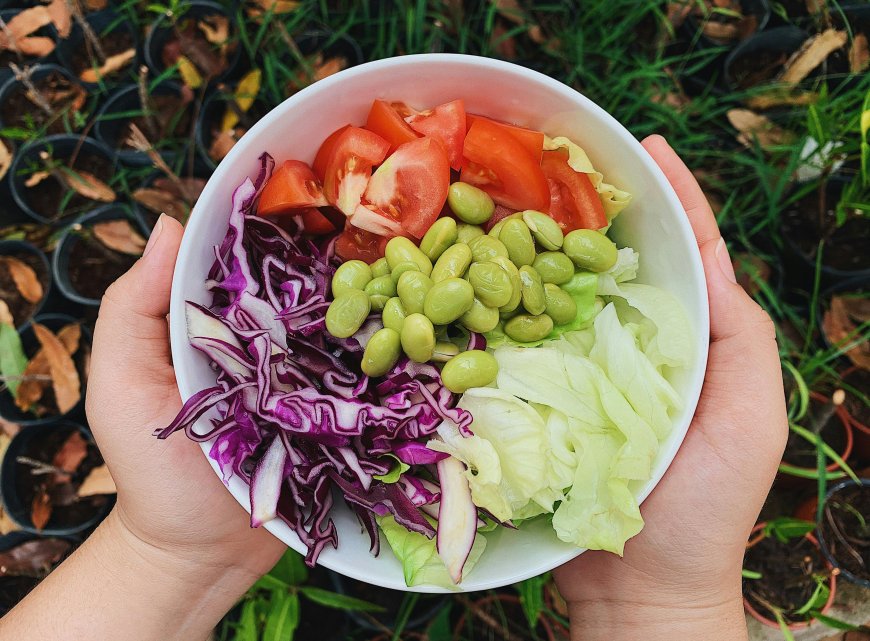"Choosing the Right Diet Foods: A Guide to Healthy Eating"
Choosing the right diet foods is crucial for maintaining a healthy lifestyle. Whether you're aiming to lose weight, improve your energy levels, or enhance overall well-being, understanding which foods to include in your diet can make a significant difference. In this blog post, we'll explore practical tips and insights to help you navigate the world of diet foods effectively.

Before diving into specific food choices, let's clarify what we mean by "diet foods." These are nutrient-dense foods that provide essential vitamins, minerals, and other beneficial compounds while supporting your health goals. Diet foods can vary widely based on dietary preferences, health conditions, and personal objectives.
Factors to Consider
1. Nutrient Density
- Opt for foods rich in essential nutrients such as vitamins, minerals, fiber, and healthy fats. These nutrients are vital for overall health and well-being.
2. Macronutrient Balance
- Balance your intake of carbohydrates, proteins, and fats according to your individual needs. Consider high-quality sources like whole grains, lean proteins, and unsaturated fats.
3. Caloric Density
- Be mindful of the calorie content in foods. Choose nutrient-dense options that provide satiety without excessive calories.
4. Dietary Preferences
- Respect personal dietary preferences such as vegetarianism, veganism, gluten-free, or other specific diets. Adapt your food choices accordingly to ensure they align with your lifestyle.
Types of Diet Foods
1. High-Protein Foods
- Include sources of lean protein such as poultry, fish, beans, lentils, tofu, and Greek yogurt. Protein aids in muscle repair and helps you feel full longer.
2. Whole Grains
- Opt for whole grains like oats, quinoa, brown rice, and whole wheat bread. These provide fiber, vitamins, and minerals essential for digestive health and sustained energy.
3. Fruits and Vegetables
- Incorporate a variety of colorful fruits and vegetables into your diet. They are rich in antioxidants, vitamins, and fiber, promoting overall health and immune function.
4. Healthy Fats
- Choose sources of healthy fats such as avocados, nuts, seeds, and olive oil. These fats support heart health and help absorb fat-soluble vitamins.
Practical Tips for Selection
1. Read Labels
- Check food labels to understand ingredients, nutritional content, and serving sizes. Look for low sodium, added sugars, and artificial additives.
2. Plan Balanced Meals
- Plan meals that include a variety of food groups to ensure you meet your nutritional needs. Incorporate different colors and textures for a diverse diet.
What's Your Reaction?






















































































